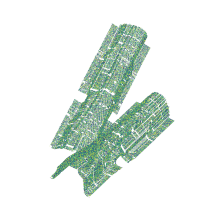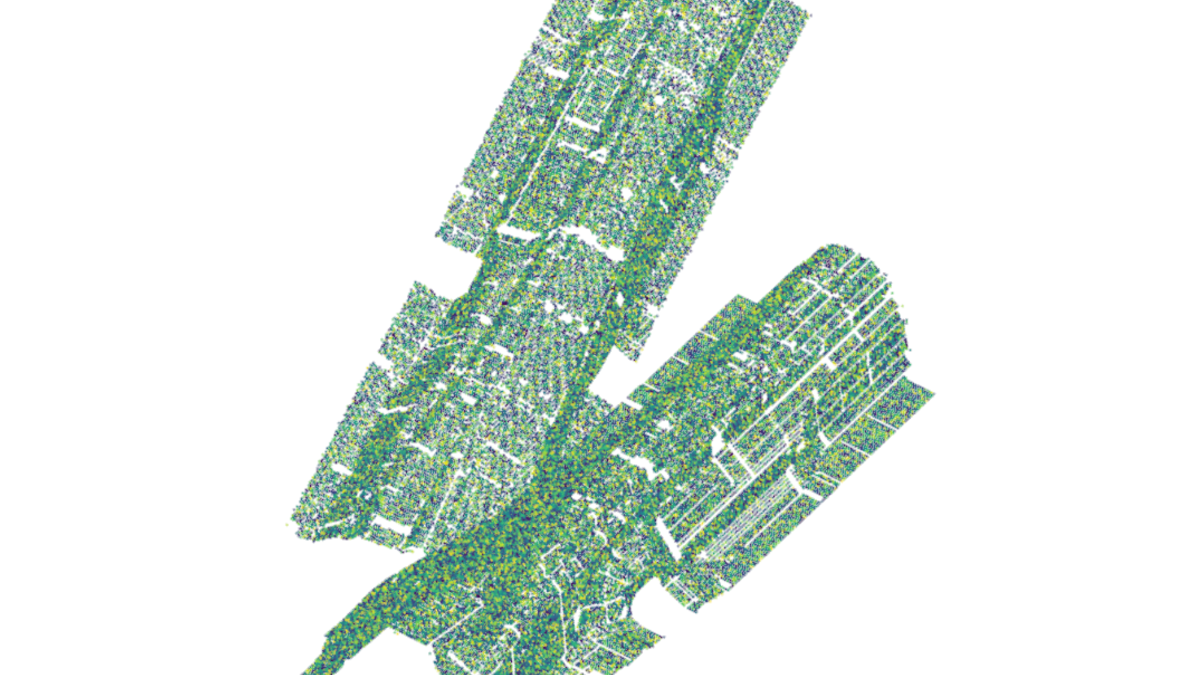In order to make optimum use of the advantages of digitization, it is often not sufficient to consider individual simulation methods in isolation. Rather, an interconnected development process should be aimed for, which links specific analysis and simulation solutions and couples them through global data acquisition of real processes. The digital design methodology aims to establish a continuous design process from virtual material characterization, intelligent component analysis, process simulation and structural simulation to real production control and beyond. For this purpose, multi-scale and multi-model simulation approaches as well as analysis and interface algorithms are developed, which ensure a seamless flow of information in the holistic design process and thus enable the optimization of the overall process. Another research focus is the coupling of the design to the overall life cycle of the component. In this way, sensor data from the manufacturing processes and the operation of the component can be interpreted with the aid of artificial neural networks and used for component optimization. For the representation of this interconnected digital design, fast algorithms based on engineering knowledge must be developed and validated as interfaces for processing the component data.
Research topics
- Automated assessment of the manufacturability of fiber composite components
Development of a methodology for the geometry-based assessment of manufacturability - Intelligent process monitoring
Influencing a manufacturing process using artificial intelligence
Group leader

Ruben Czichos
M.Sc.Research Associate, Group leader of the Composite Simulation research group



